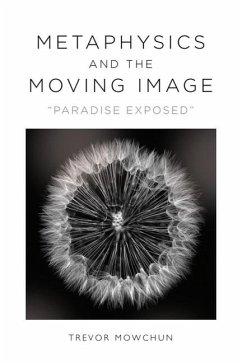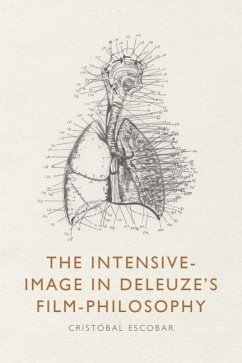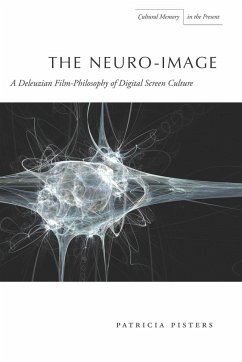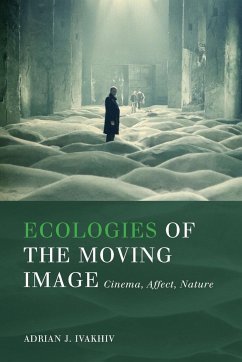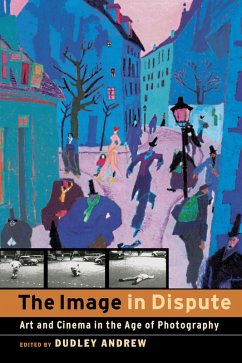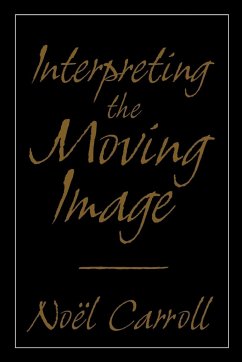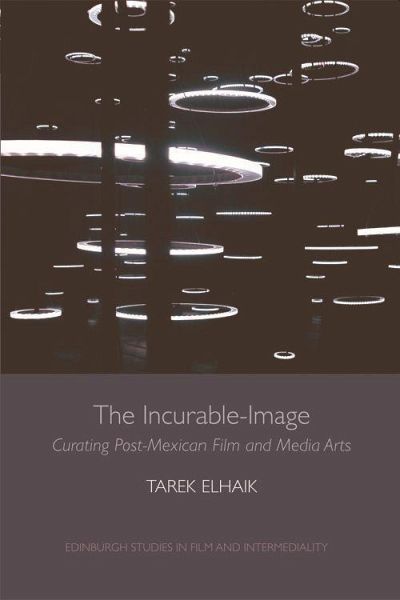
The Incurable-Image
Curating Post-Mexican Film and Media Arts
Versandkostenfrei!
Versandfertig in über 4 Wochen
37,99 €
inkl. MwSt.
Weitere Ausgaben:

PAYBACK Punkte
19 °P sammeln!
'This is a path-breaking book. Drawing on intensive and innovative participant-observation as well as a deep background in curatorial practice, Elhaik opens the way for a deterritorialisation into new spaces and modes of thought and practice. As a result, the book takes the anthropological study of images beyond method into new sites of inquiry.' Paul Rabinow, University of California, Berkeley 'For those tired of preachy and essentialist accounts of anthropologists and artists as handmaidens to other people's authentic, "bare" culture, Tarek Elhaik's book will be a shot in the arm. Elhaik arg...
'This is a path-breaking book. Drawing on intensive and innovative participant-observation as well as a deep background in curatorial practice, Elhaik opens the way for a deterritorialisation into new spaces and modes of thought and practice. As a result, the book takes the anthropological study of images beyond method into new sites of inquiry.' Paul Rabinow, University of California, Berkeley 'For those tired of preachy and essentialist accounts of anthropologists and artists as handmaidens to other people's authentic, "bare" culture, Tarek Elhaik's book will be a shot in the arm. Elhaik argues that anthropology and art, by succumbing to the trope of radical alterity, have lost their speculative edge, while the international art market renders their sincere efforts irrelevant. His vivid and mordant analysis of the dramatic power dynamics of rivalry, complicity, contamination, and diagnosis among artists, curators, and anthropologists in Mexico will stimulate all who seek a bold new understanding of art-anthropology relations.' Laura U. Marks, Simon Fraser University From the 1990s onwards the 'ethnographic turn in contemporary art' has generated intense dialogues between anthropologists, artists and curators. While ethnography has been both generously and problematically re-appropriated by the art world, curation has seldom caught the conceptual attention of anthropologists. Based on two years of participant-observation in Mexico City, Tarek Elhaik addresses this lacuna by examining the concept-work of curatorial platforms and media artists. Taking his cue from ongoing critiques of Mexicanist aesthetics, and what Roger Bartra calls 'the post-Mexican condition', Elhaik conceptualises curation less as an exhibition-oriented practice within a national culture than as a figure of care and an image of thought animating a complex assemblage of inter-medial practices, from experimental cinema and installations to curatorial collaborations. Drawing on Gilles Deleuze and Paul Rabinow, the book introduces the concept of the 'Incurable-Image', an antidote to our curatorial malaise and the ethical substance for a post-social anthropology of images. Tarek Elhaik is Assistant Professor of Anthropology at the University of California, Davis. Cover image: Études Taxonomiques du Mexique Colonial and Contemporain (c) Erick Meyenberg Cover design: [EUP logo] www.euppublishing.com




